Post-Iran strikes, will North Korea now treat US nuclear talks as a ‘trap’?
Pyongyang is likely to double down on its nuclear deterrence following the US strikes on Iran’s nuclear sites, analysts say
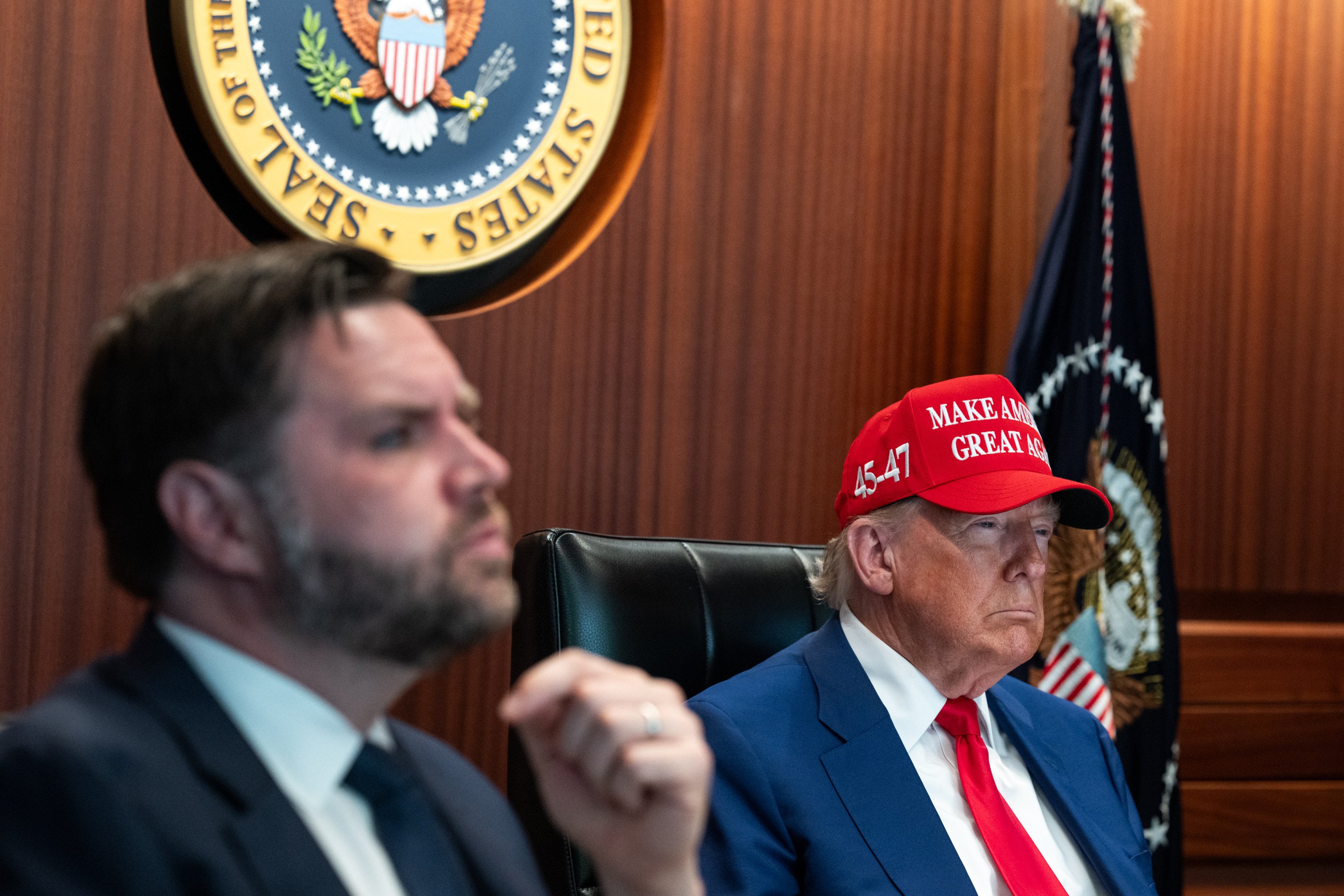
When the US bombed Iran’s nuclear sites last month, Washington may have inadvertently sent Pyongyang the clearest signal yet that relinquishing its nuclear arsenal could expose North Korea to the very attacks it aims to avoid.
Political analysts say Washington’s hardline approach to Iran’s uranium enrichment has only cemented the North Korean leadership’s deep-seated conviction that nuclear weapons are the ultimate deterrent. Compounding this, as Pyongyang has forged closer strategic bonds with Russia, it now seemingly perceives any dialogue with the United States less as an overture for peace and more as a thinly veiled pretext for military action.
“Having seen US bombers target Iran’s nuclear infrastructure, North Korea may see premature talks as a trap – just another excuse for Washington to accuse it of insincerity and justify a strike,” Hong Min, senior researcher at the Korea Institute for National Unification (KINU), told This Week in Asia.
“Denuclearisation appears to be off the table for good. What the North might consider is arms control negotiations, under the condition that it is accepted as a nuclear state.”
North Korea is likely to lean more on its nuclear deterrent while drawing closer to Moscow, said Lim Eul-chul, a professor specialising in North Korean studies at Kyungnam University’s Institute for Far Eastern Studies.
“North Korea will likely focus on easing sanctions pressure by bolstering its strategic partnership with Russia, all while enhancing its nuclear and missile capabilities,” Lim said. “At the same time, it will continue to carefully monitor US intentions.”
Victor Cha, president of the Centre for Strategic and International Studies’ (CSIS) geopolitics and foreign policy department, said the attacks on Iran might have reinforced North Korea’s belief that nuclear armament was the correct path.
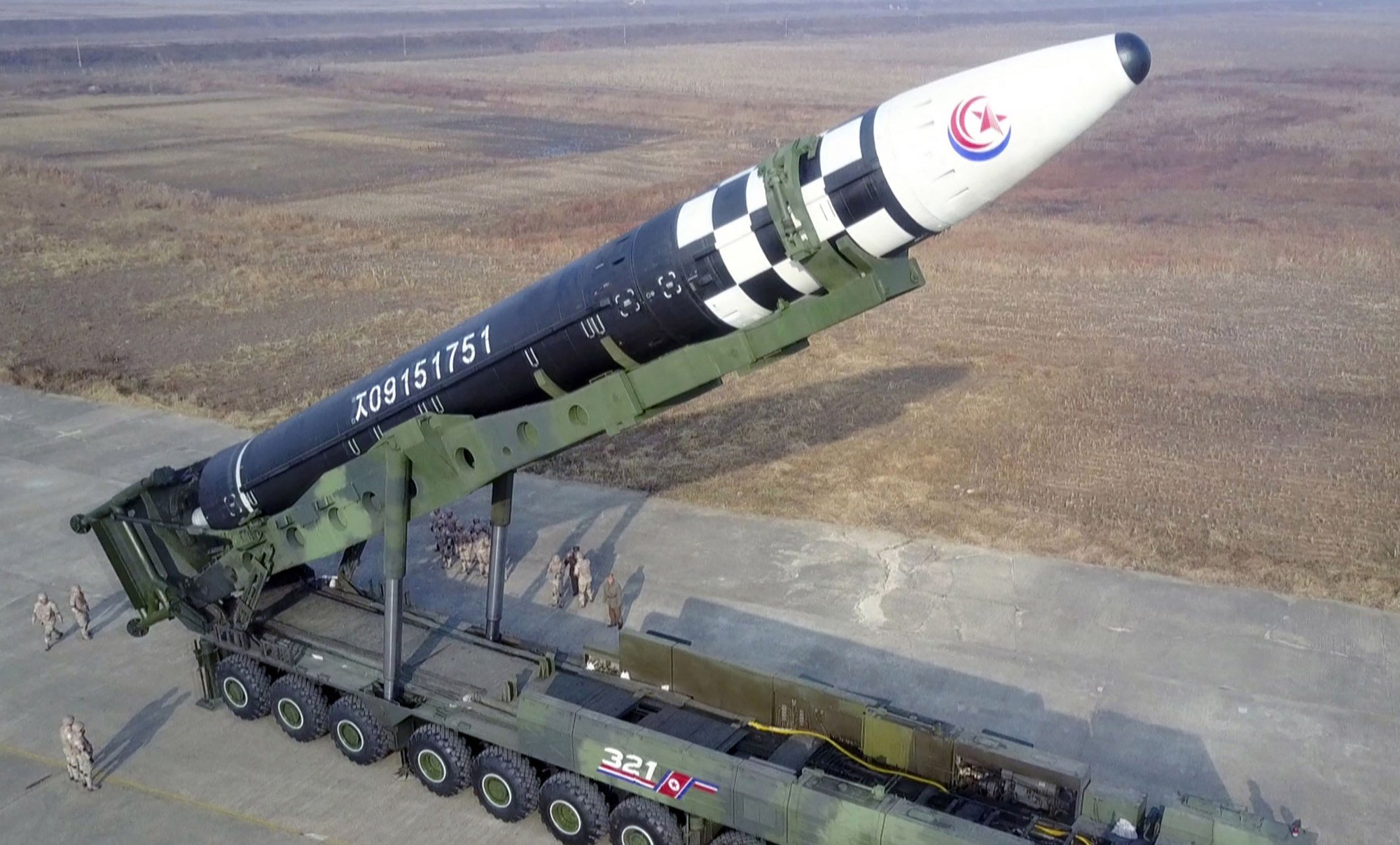
“One of the costs of our bombing of Iran is that we may have ended CVID with North Korea,” Cha said, referring to the once-core US policy goal of Pyongyang’s “complete, verifiable and irreversible denuclearisation”.
In recent months, US President Donald Trump has referred to North Korea as “a nuclear power”, fuelling speculation that Washington might pivot from denuclearisation towards arms control negotiations.
“The lesson North Korea has taken away from this [is that] ‘we need to keep our weapons to avoid massive ordnance penetrators being dropped on North Korea’, like they were dropped on Iran,” Cha said in a CSIS-hosted online panel discussion.
According to Cha, the show of military force by the US might cause North Korean leader Kim Jong-un to think, “I need some insurance that [bombing] doesn’t happen to me”.
He said US military action against Iran could lead Washington and Pyongyang to resume the nuclear dialogue that had stalled since the last talks in Hanoi in early 2019, which collapsed without a deal.
While North Korea would doubtless aim to avoid Iran’s fate, the US would likely want to halt the growing military cooperation between Moscow and Pyongyang and prevent any potential nuclear programme reconstitution efforts involving Tehran and Pyongyang, Cha said.
“President Trump famously likes his friend in North Korea, and he’s scheduled to go to Apec in South Korea at the end of October. Who knows what could happen there? He could go up to Panmunjom to meet the North Korean leader again,” Cha said.
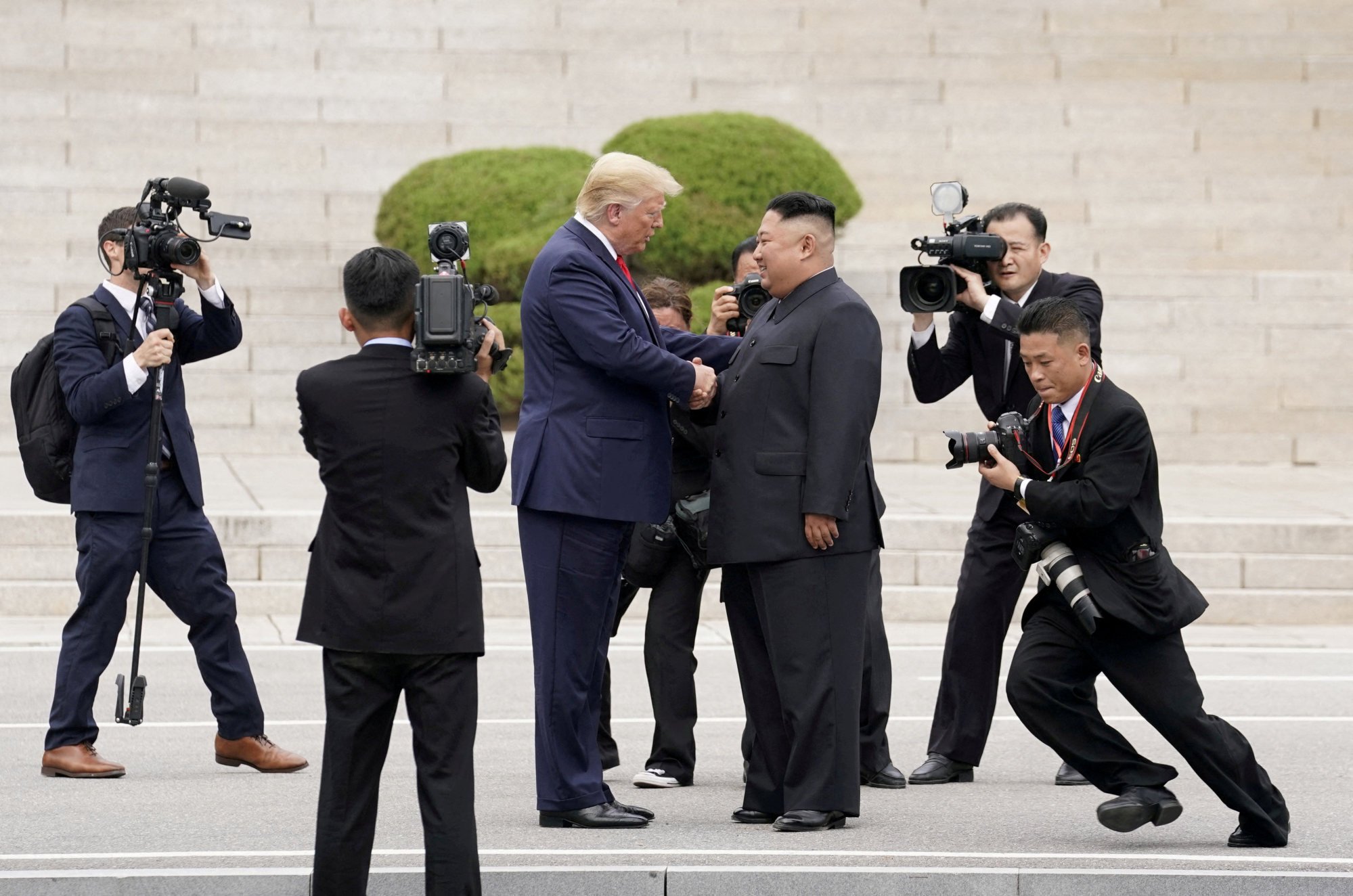
Panmunjom, the truce village in the demilitarised zone between the two Koreas, was the site of Trump and Kim’s impromptu third meeting in June 2019, following the failure of their Hanoi summit.
With South Korea set to host the Asia-Pacific Economic Cooperation (Apec) summit this fall, speculation is swirling about another meeting between the two leaders.
But many doubt Kim would want another high-profile photo opportunity with Trump.
“North Korea has no interest in another one-off Trump spectacle, which it believes serves no national interest,” Hong Min said.
“Instead, it will focus on strengthening ties with Russia and China. Kim is likely to visit Russia later this year to elevate the ‘comprehensive strategic partnership’ with Moscow.”
Signs of the deepening alliance between Moscow and Pyongyang are growing. Russian media recently reported that North Korea planned to send 5,000 military construction workers and 1,000 engineers to Russia’s Kursk region amid the war in Ukraine.
South Korea’s intelligence agency has said Pyongyang dispatched 11,000 troops to Russia in October and another 4,000 in February, and supplied more than 10 million artillery shells, missiles and long-range weapons in exchange for technical help and economic aid from Moscow.
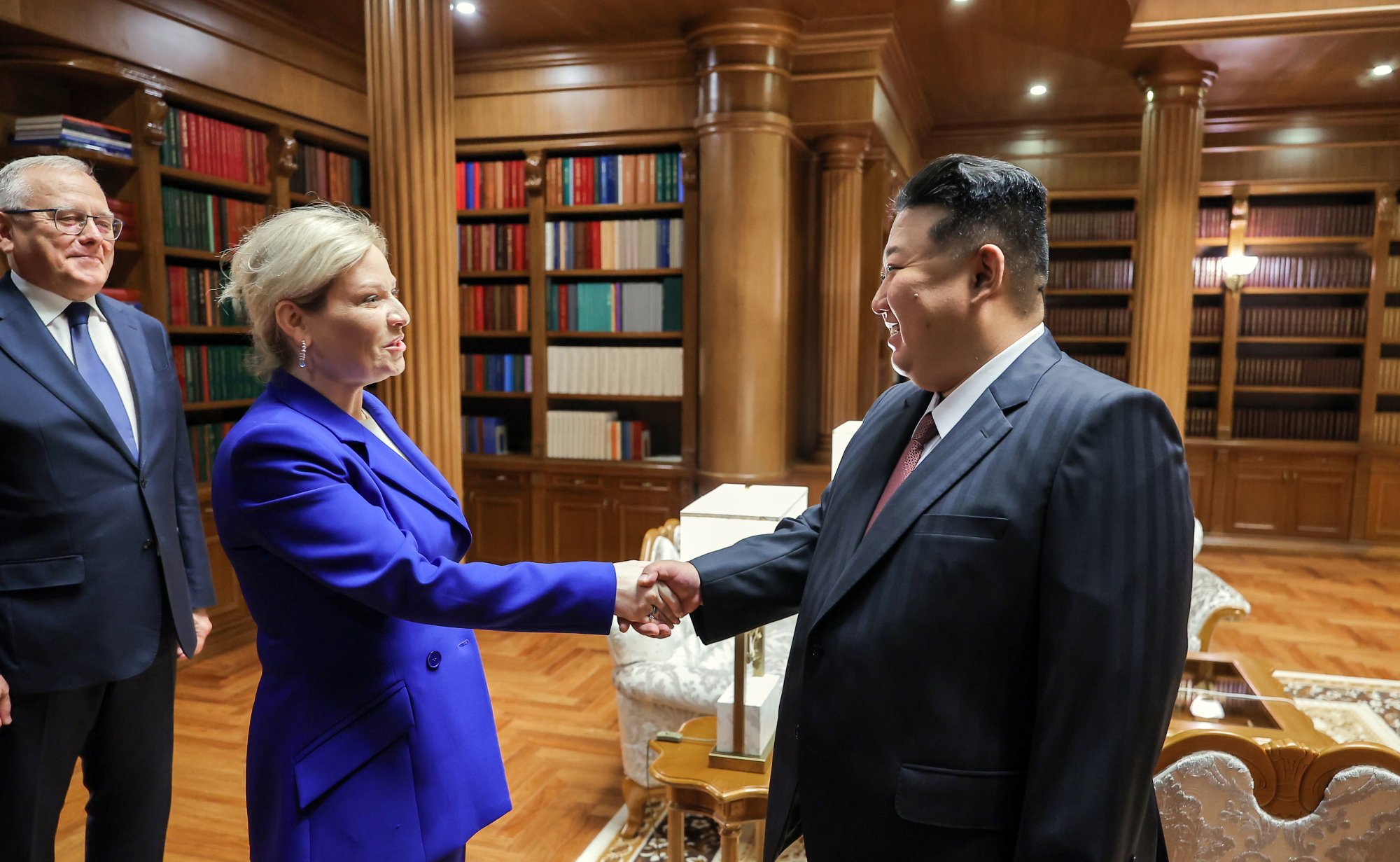
On Sunday, North Korean state media emphasised the “militant comradeship” with Russia during Kim’s meeting with Russian Culture Minister Olga Lyubimova in Pyongyang. Lyubimova said her visit came at a time of the “solidity and invincibility” of the bilateral friendship.
“Given this growing military alliance, there is almost no chance of North Korea coming to the negotiating table with Washington,” Hong Min said.
Despite this, Trump continues to keep the door open for another meeting with Kim.
When asked last week whether he had recently sent a letter to Kim, Trump avoided answering directly and said: “I’ve had a good relationship with Kim Jong-un and get along with him, really great. So we’ll see what happens. Somebody’s saying there’s a potential conflict. I think we’ll work it out.”
But North Korea was unlikely to respond to vague overtures from the US, said Yang Moo-jin, president of the University of North Korean Studies.
“They won’t engage unless Washington backs up its words with action, like halting joint military drills with South Korea or stopping the deployment of strategic assets to the peninsula,” he said.
“Until the Russia-Ukraine war ends, Pyongyang will stay away from talks with the US.”
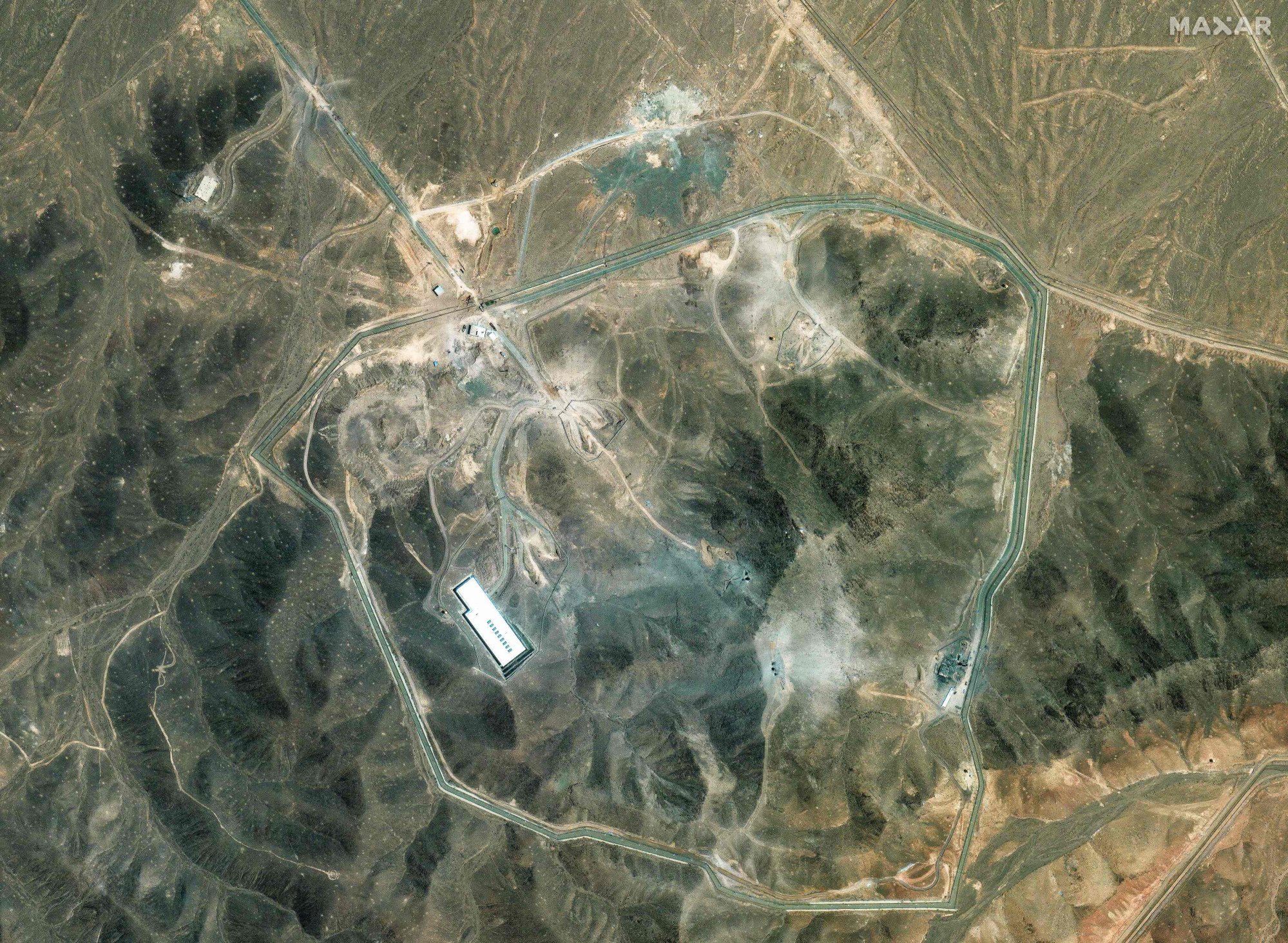
Yang said South Korea must deliver a consistent message that its goal was not war, but tension reduction and peace, warning that US involvement in the Middle East crisis might send “the wrong message” to the North.
Others believed that the North might escalate provocations against the US to distinguish itself from Iran.
“North Korea may try to show that it’s different – that its nuclear force is already complete,” said Yang Wook, a research fellow at the Asan Institute for Policy Studies.
“They could provoke militarily to make the point that, unlike in the Middle East, countries like South Korea and Japan won’t dare launch strikes against them.”
Cho Han-beom, another senior researcher at KINU, said the bombing of Iran could prompt Pyongyang to accelerate the development of intercontinental ballistic missiles and other nuclear delivery systems.
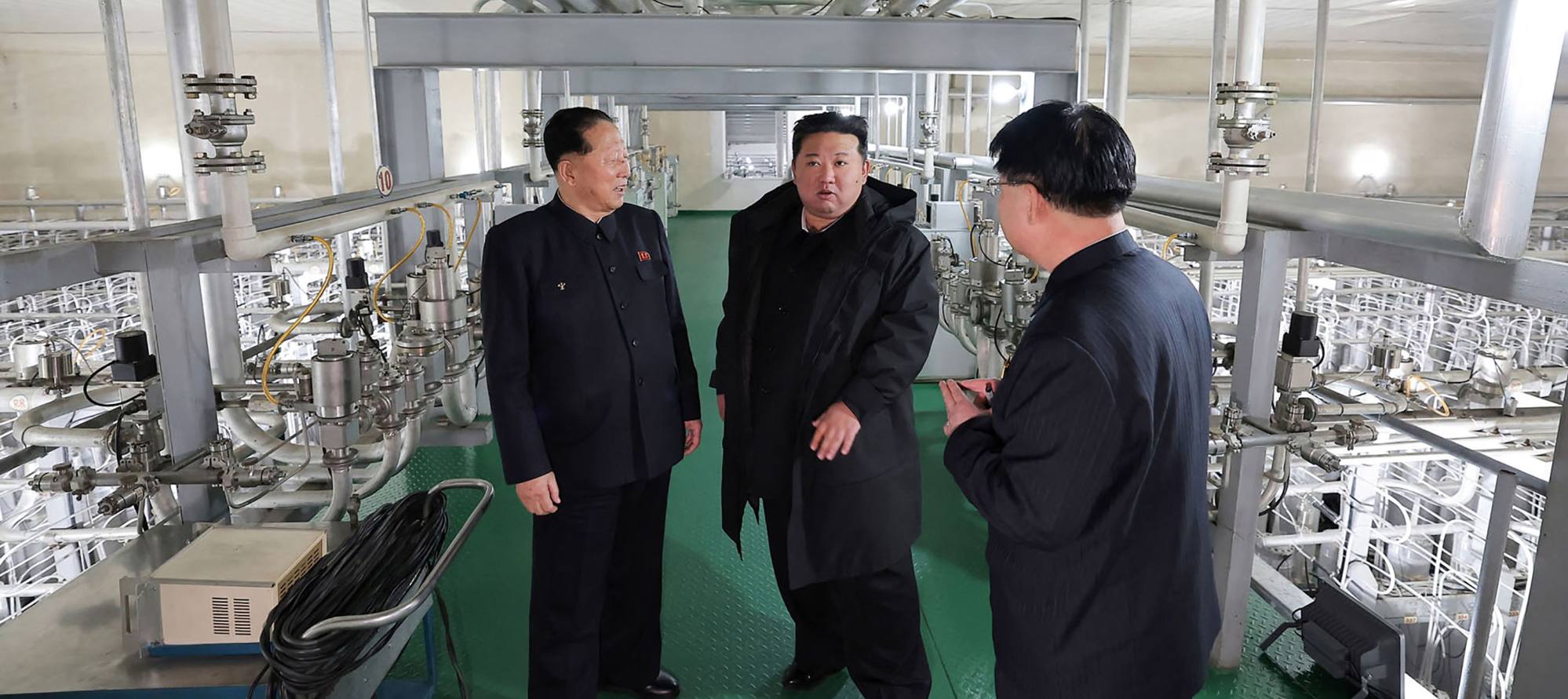
Notably, North Korea has avoided making harsh criticism of Trump, perhaps signalling that Kim wants to keep communication channels open, according to Cho.
Pyongyang’s reaction to the US bombing has been relatively muted, limited to a foreign ministry statement condemning Washington’s violation of international law.
Despite receiving aid from Russia, North Korea was still in economic dire straits and might yet have to turn to Washington for help, Cho said.
“For North Korea, cooperation with Russia has limits when it comes to actual economic improvement. Without improving ties with Washington, North Korea’s future remains bleak,” Cho said.